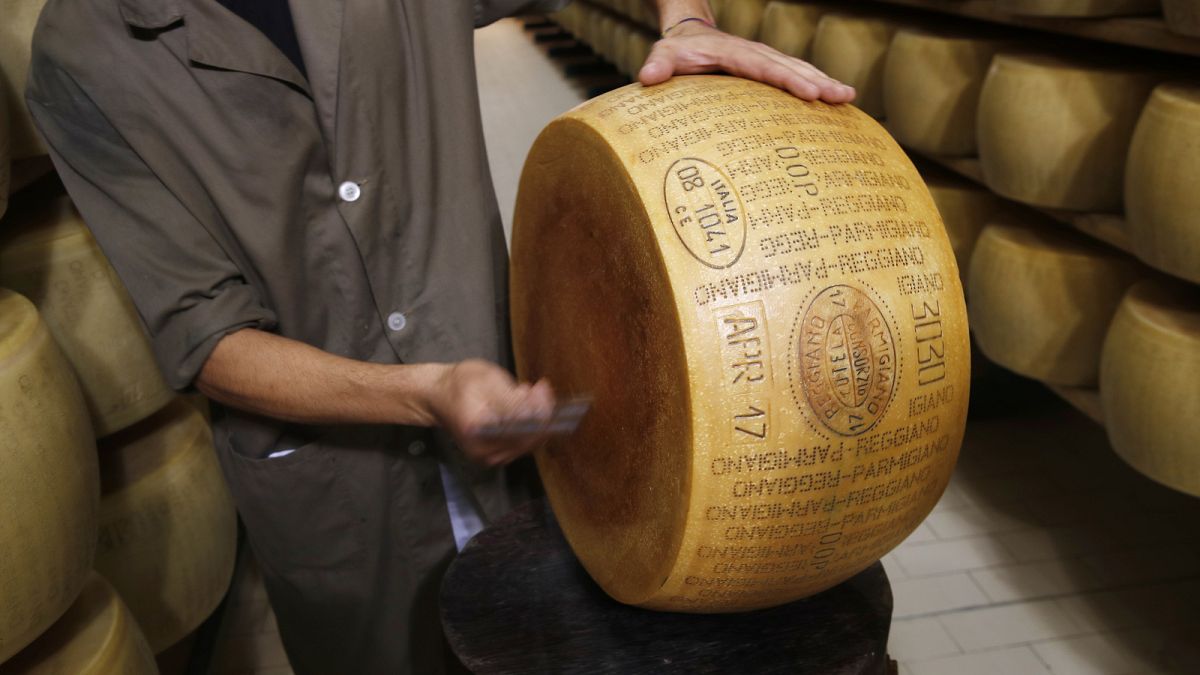China has launched an anti-subsidy investigation into dairy products imported from the European Union, following EU tariffs on imported electric vehicles. The probe targets subsidies in the production of various dairy products in eight EU member states. This move is seen as a tit-for-tat response to the EU’s decision to impose tariffs on Chinese Battery Electric Vehicles (BEVs) due to subsidies provided by Beijing, which were deemed unfair and damaging to the EU’s domestic industry. Additionally, China has also initiated anti-dumping investigations into EU products, including pork, liquor, and chemical goods, along with probes into the public procurement of medical devices.
The Chinese Ministry of Commerce stated that the investigation into EU dairy subsidies should be concluded within 12 months but could be extended for an additional six months. The move follows consultations with the European Commission on August 14. The EU executive had announced its intention to impose tariffs on Chinese BEVs following a lengthy anti-subsidy inquiry, where it was found that Beijing’s subsidies were distorting the market and threatening the EU’s domestic industry. The EU is also looking into the impact of Chinese subsidies on the wind turbine and solar panel industries within its borders.
The tit-for-tat trade measures between the EU and China come at a time when tensions between the two global trading partners are high. The EU’s High Representative for Foreign Policy, Josep Borrell, warned against a systematic confrontation with China, advocating for a more balanced approach. Borrell highlighted the need to avoid a trade war between China and other world powers, emphasizing that Europe’s interests may not always align with those of the US. He suggested that the EU should be prepared to pursue its own path in trade matters, especially when faced with unilateral decisions by major economies.
The escalating trade tensions between the EU and China underscore the importance of fair trade practices and the need to address subsidies that distort markets. Both parties are taking measures to protect their domestic industries from unfair competition, with investigations and tariffs being imposed as a means to level the playing field. As the two global economic powers navigate their trade relationship, it is crucial to find a balance that serves the interests of both sides while upholding international trade rules and norms. The eventual outcomes of these investigations and tariffs will shape the future of EU-China trade relations and influence global trade dynamics.










